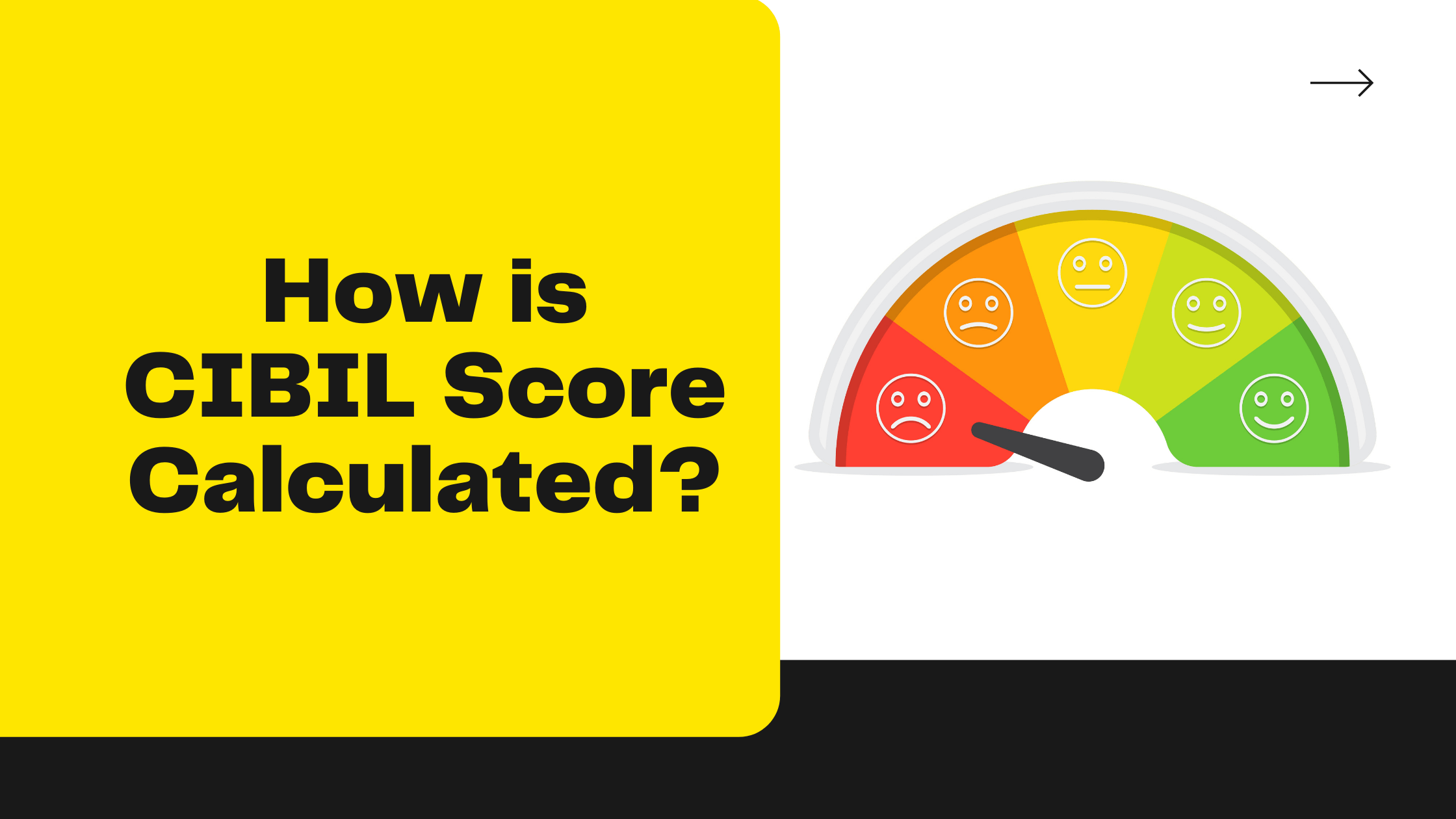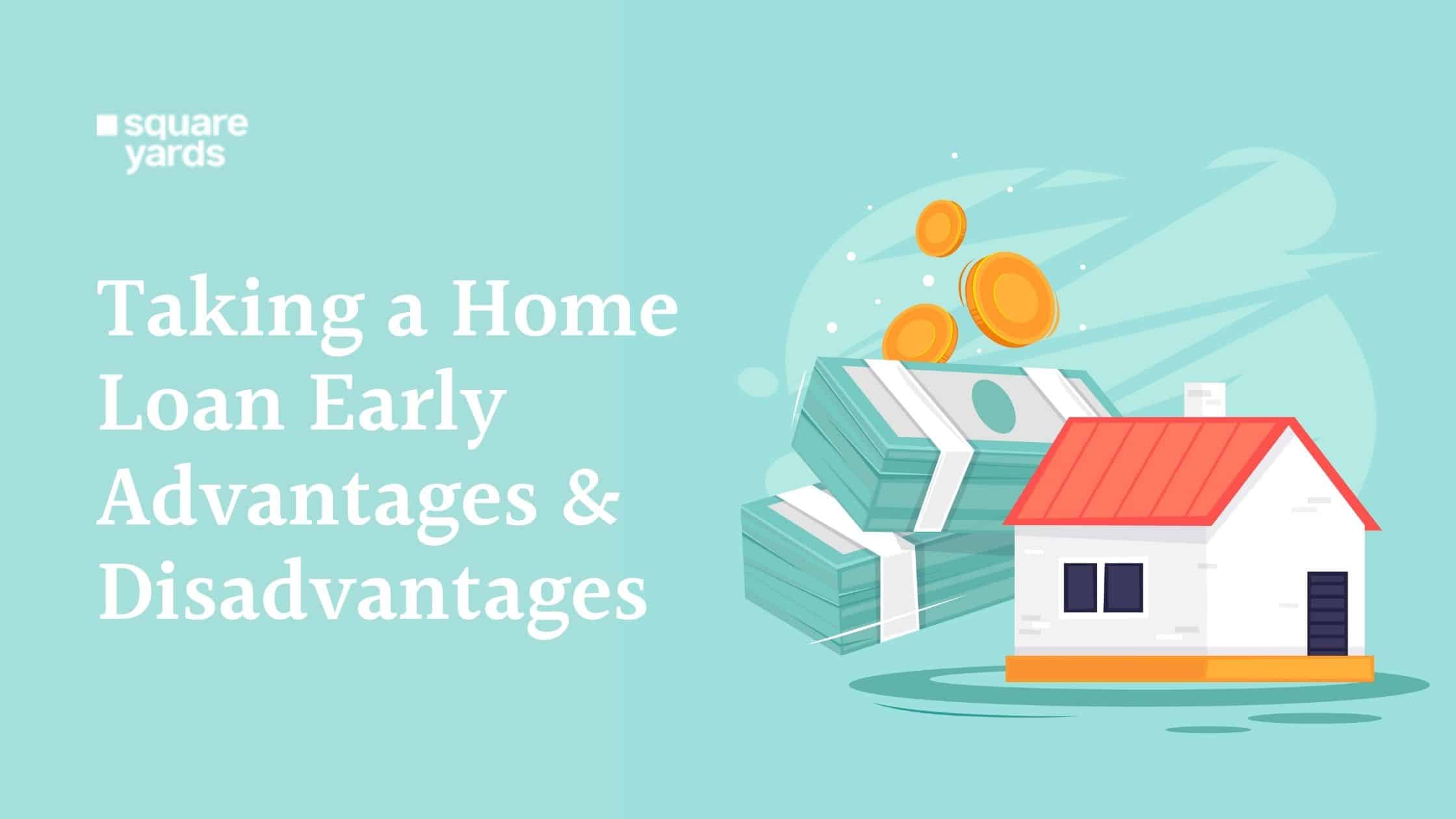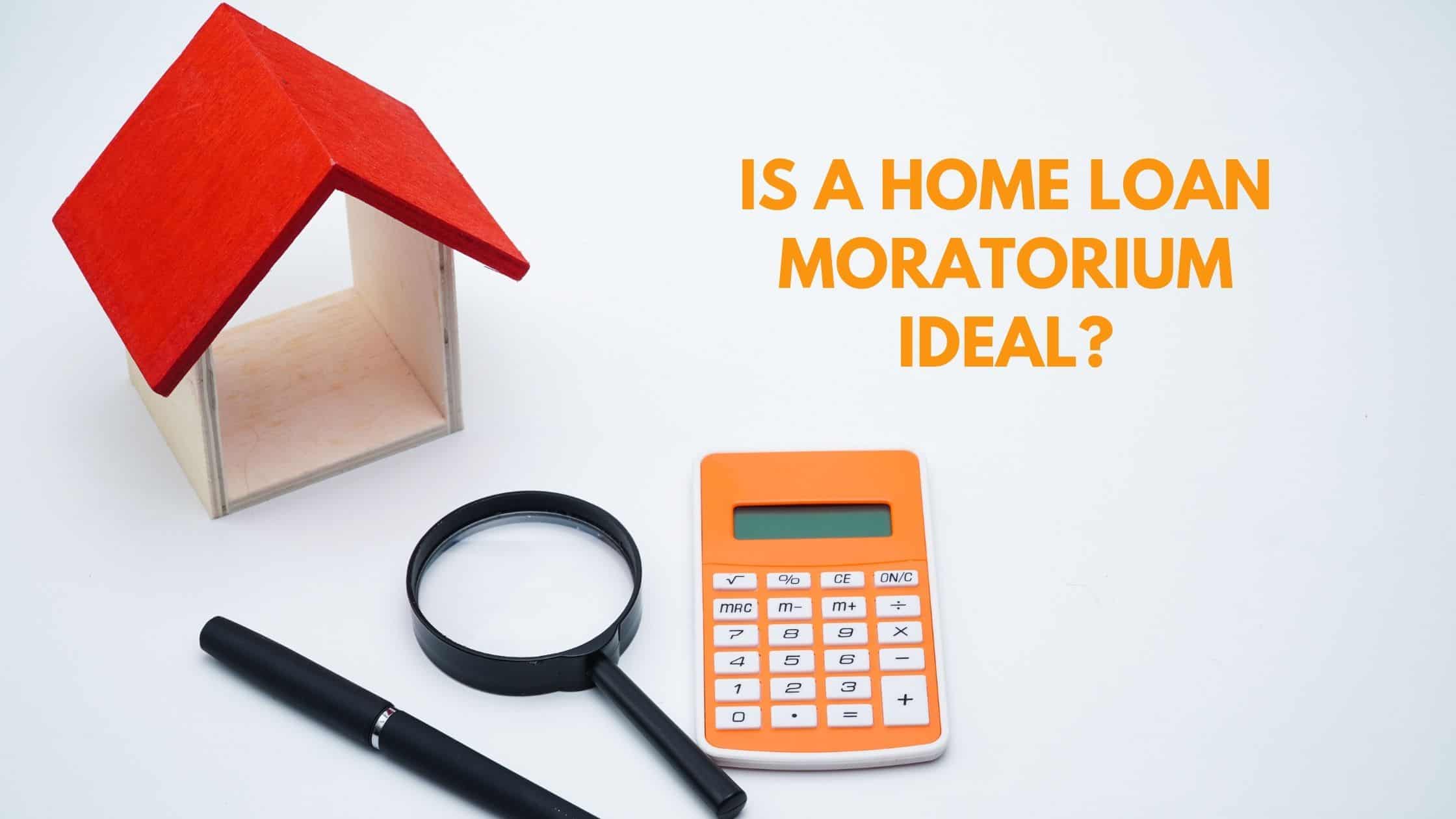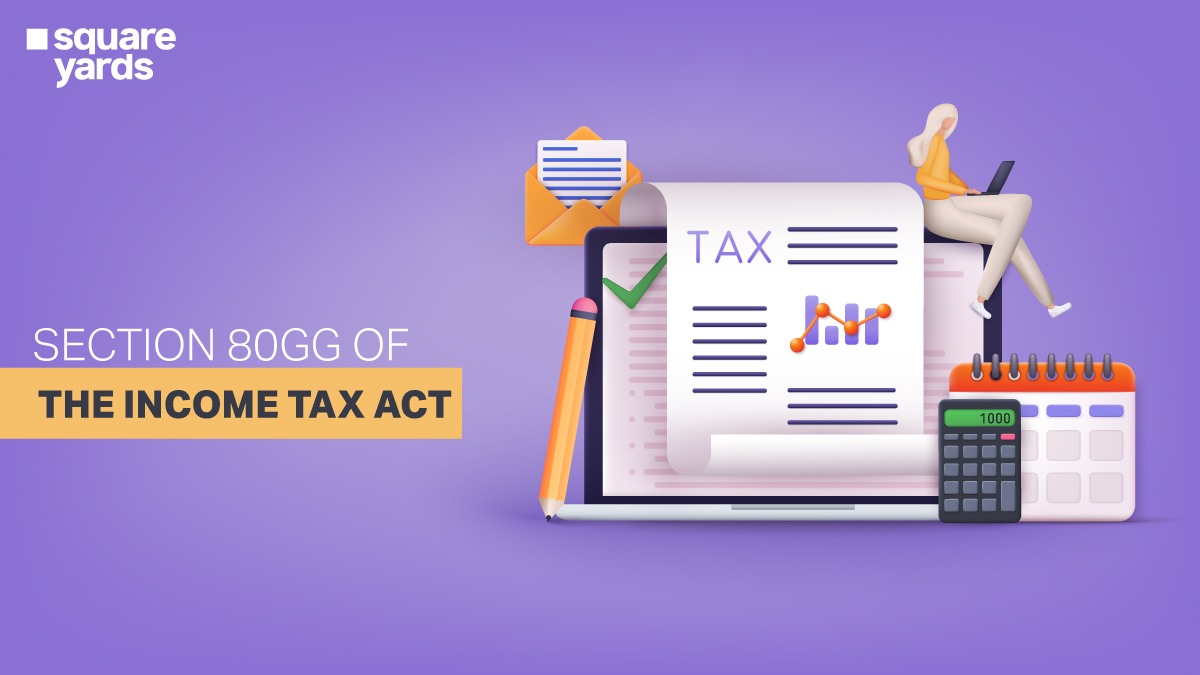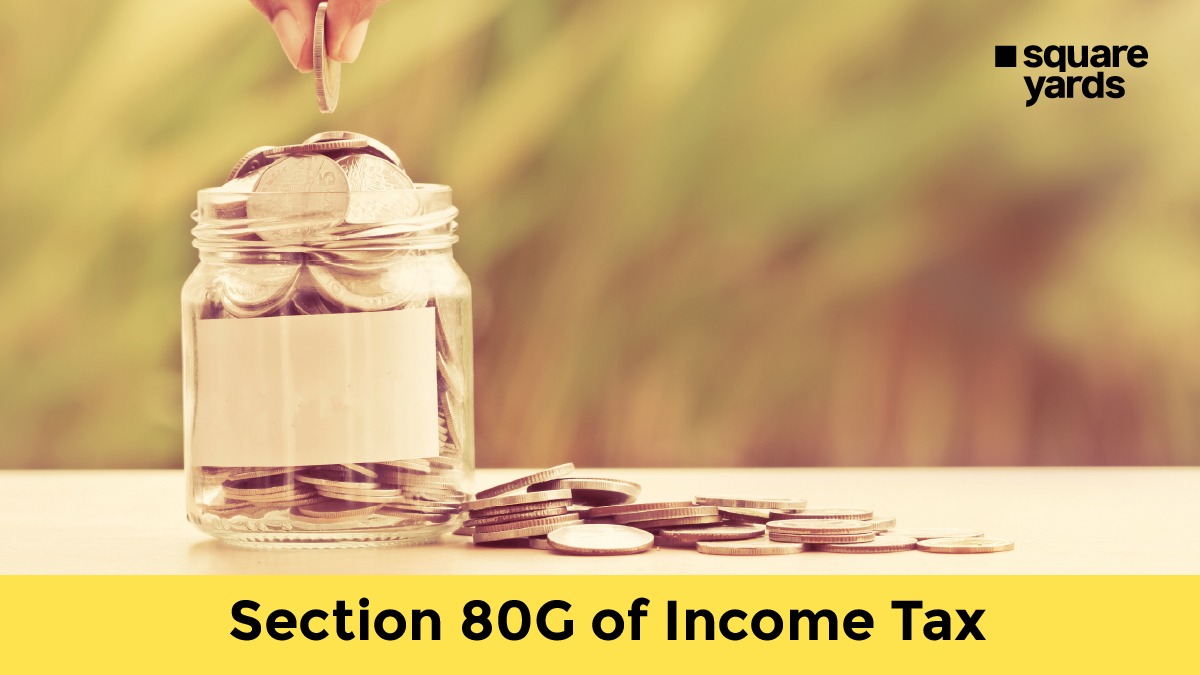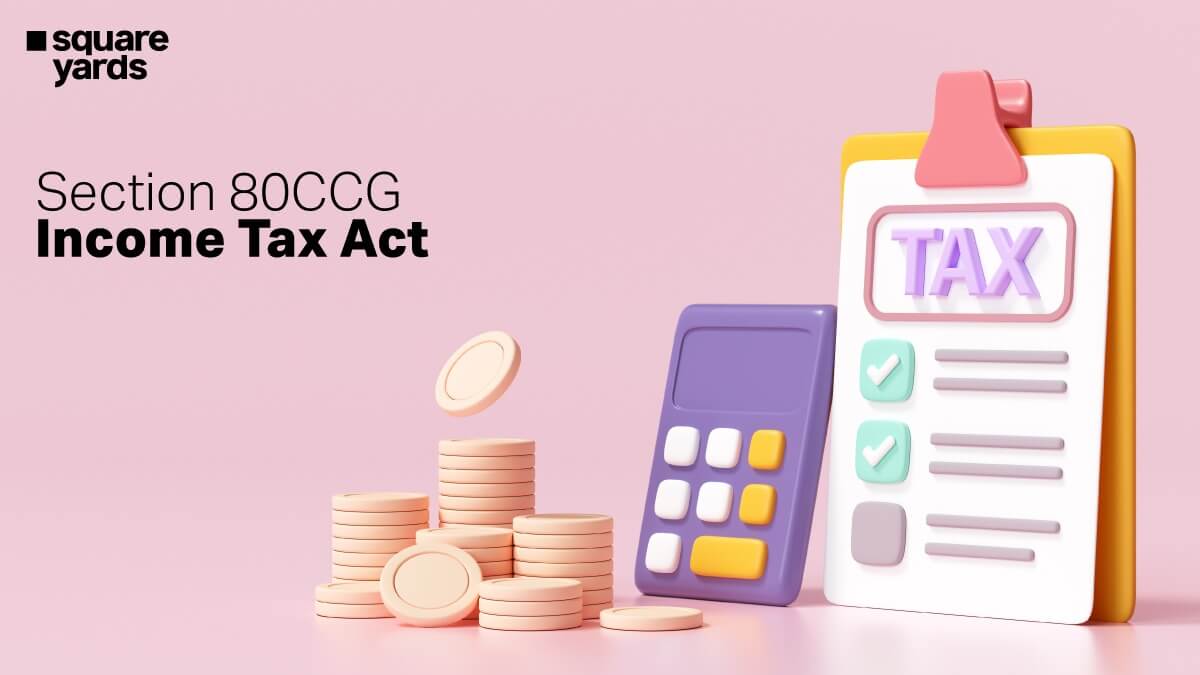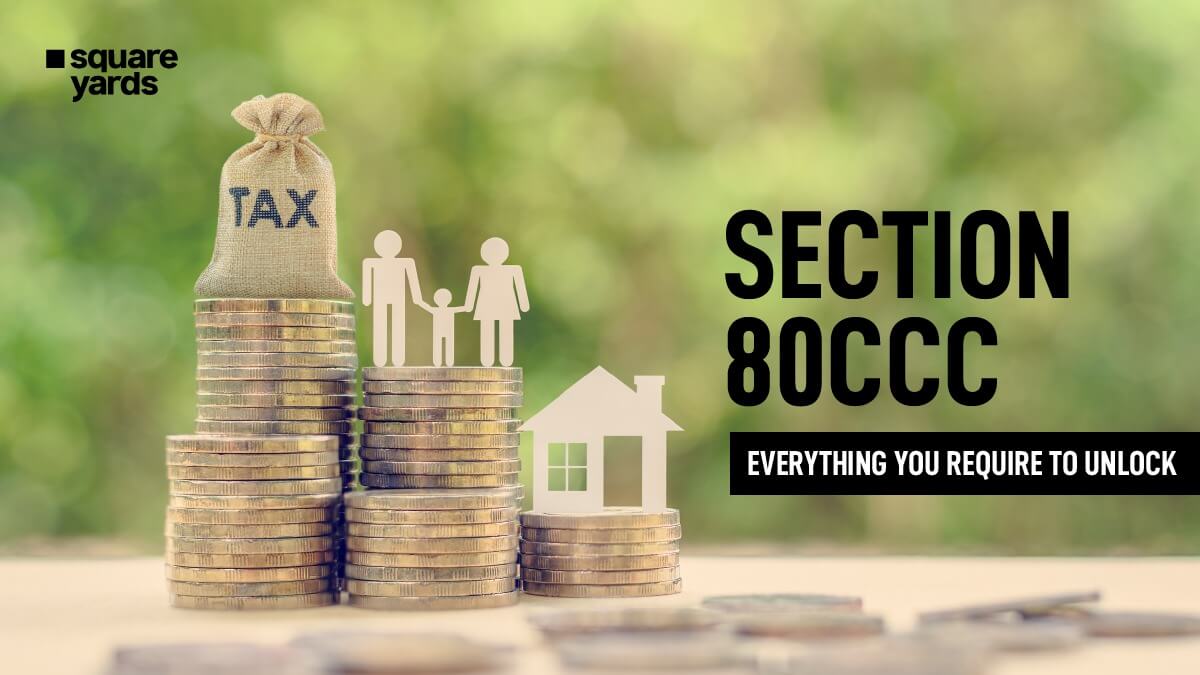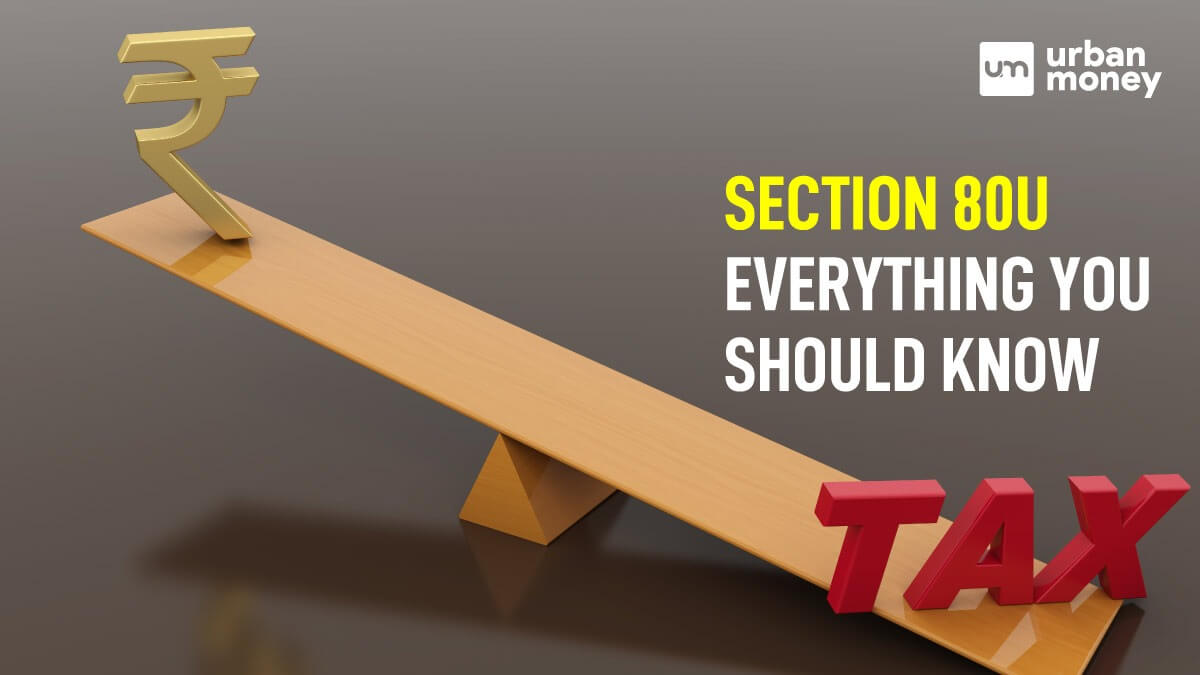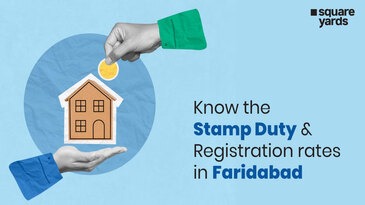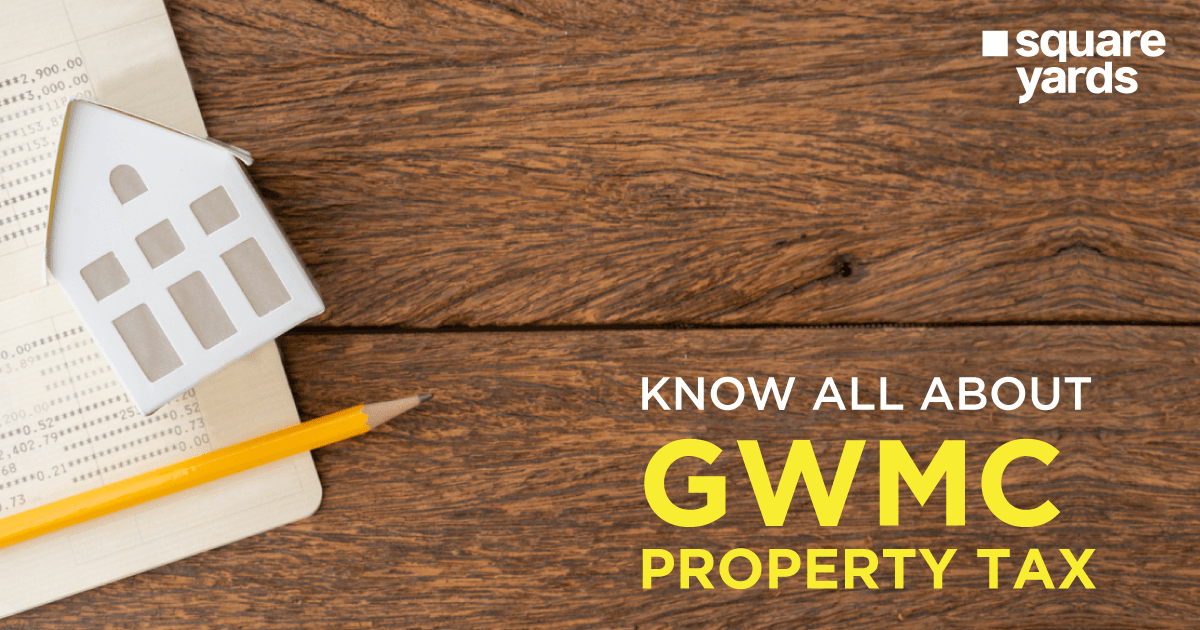In a CIBIL report, your history of repayments regarding credit cards and loans holds utmost importance. The credit bureau forms the report based on information shared by banks and financial institutions like EMI compliance, bill payments, and other financial details.
Table of contents
A CIBIL holds high importance when you make a credit or loan request to a financial institution or a lender. According to the statistics, over 90% of the loan applications with CIBIL scores above 750 get approved without any hassle. And, having a good CIBIL score directly increases the chances of your loan or credit approval. There is no debate about it, that every agency has its way of calculating the CIBIL score using different parameters. That being said, before applying for a loan, one must have a clear understanding of how to calculate a CIBIL score to avoid rejections. Have a look at how the CIBIL score calculation is done.
CIBIL Score Calculation

CIBIL considers multiple factors before completing the CIBIL score calculation and generating the CIBIL score report. Here are the parameters of how to calculate the CIBIL score.
Credit History
In a CIBIL report, your history of repayments regarding credit cards and loans holds utmost importance. The credit bureau forms the report based on information shared by banks and financial institutions like EMI compliance, bill payments, and other financial details. The report will have the statuses of all your accounts under the settled, left outstanding, or written-off headers. If you have any delayed payments, outstanding bills, or skipped EMI payments, they will be included in your CIBIL report. Remember, any such activity can adversely impact your CIBIL score.
Credit Utilization
The amount which is utilized against your summed-up credit amount is the credit utilization. The financial experts suggest that an individual should utilize only 30%-40% of the total credit card limit. When you search how to calculate a CIBIL score, you will find, a downward usage of credit limit leads to a better CIBIL score.
So, if you have credit cards, make sure to do your payments within the given time and limit your credit utilization. Always remember that it is beneficial to pay your credit card bills to the full extent. The reason for it being that even if you pay the minimum amount, you will be charged with interest on the remaining amount. Thus, your CIBIL score gets impacted negatively and hikes your overall credit utilization. Try to go for cash transactions and use your debit card often.
Credit Duration and Credit Mix
When CIBIL does your CIBIL score calculation, it evaluates the kind of credit, you are most dependant on. In the report, you will reflect as a risky borrower if you have availed more unsecured loans like credit cards or personal loans. Contradicting that, secured loans like home or car loan hikes your CIBIL score, especially if you have done timely repayments. Also, the period taken to service your credit is accountable for CIBIL score calculation. The longer the repayment schedule, the better will be your CIBIL score.
Attempts of Hard Inquiries
Though the above-mentioned factors are the core of how to calculate a CIBIL score, the number of times you have made a credit application is also taken into account. Every time you inquire about any loan or credit, the lenders and financial institutions have to check your CIBIL report. It is for understanding your credit behaviour and multiple hard inquiries can lower your credit ratings. Hence, it is advised to put your application in an institution where the approval of your loan application is certain.
| CIBIL Score Range | Meaning |
| 750-900 | – Shows an exceptional credit history – Easy approval of home loan, personal loan, and credit cards with this range of CIBIL score – Shows consistent and timely repayments |
| 700-750 | – This shows that you have a track record of timely repayments – Banks will go for some credit analysis before lending the credit |
| 550-700 | – This shows that you have been irregular with your payments – Banks might take you as a risky borrower – A few financial institutions might give you loans but with high interest rate or collateral |
| 300-550 | This shows that you have multiple discrepancies, outstanding bills, write-offs, and it is difficult to get a loan with this CIBIL score range |
How to Move Towards a High CIBIL Score?

- Make sure to make timely payments. Delayed payments can prove to be negative for your CIBIL score.
- Be prudent while using your credit limit. To maintain a good CIBIL score, maintain a low credit utilization ratio.
- Keep a balanced mix of secured loans like home loans or car loans and unsecured loans like personal loan and credit cards.
- Apply for loans and credit very wisely and only when needed. Frequent inquiries of credit can reflect you as credit hungry which impacts your CIBIL score.
- Check your joint, co-signed, or guaranteed accounts consistently. If you are a co-applicant in any account, the negligence of its owner can affect your CIBIL score rating too.
- Monitor your credit history and perform a CIBIL score check every 6-8 months
In a nutshell
Do not feel let down if your CIBIL score is not up to the mark. You can always work towards increasing your CIBIL score with financial discipline and patience. Before making any transaction or financial inquiry think about the factors given above and their impact on how to calculate CIBIL score. Act accordingly and you will soon witness a good increase in your CIBIL score and you will no longer have to face rejection for your loan applications.
FAQ
What Is Cibil Score & Cibil Report?
A CIBIL score is a blueprint of a consumer’s credit records and overall credit profile. This is inclusive of the repayment and borrowing activities of a consumer given to CIBIL by the credit lenders and banks. CIBIL report is a record of all the repayments schedules and financial history involving the credit cards and loans availed by an individual.


